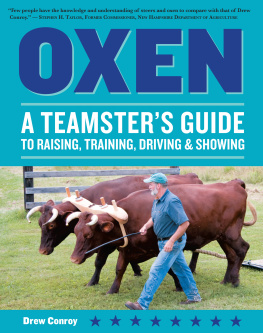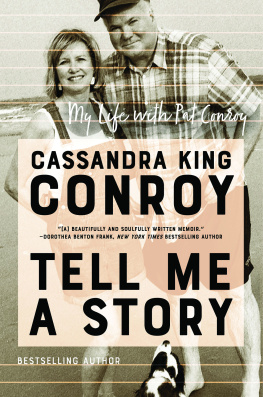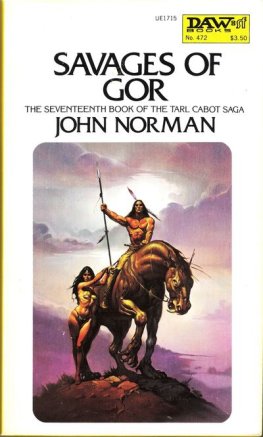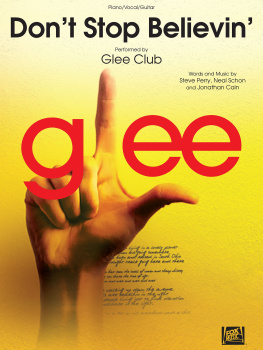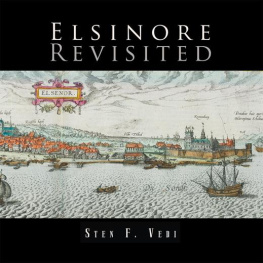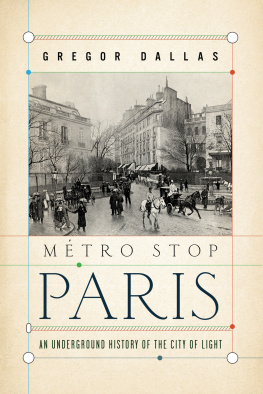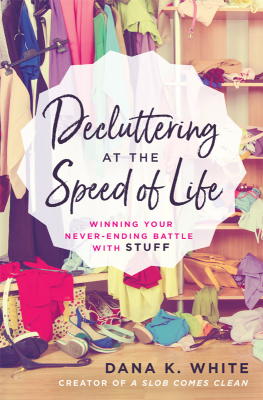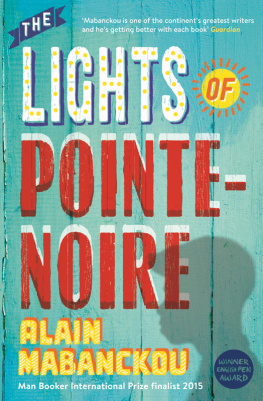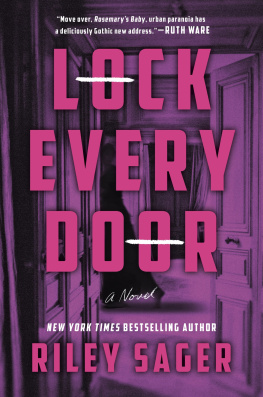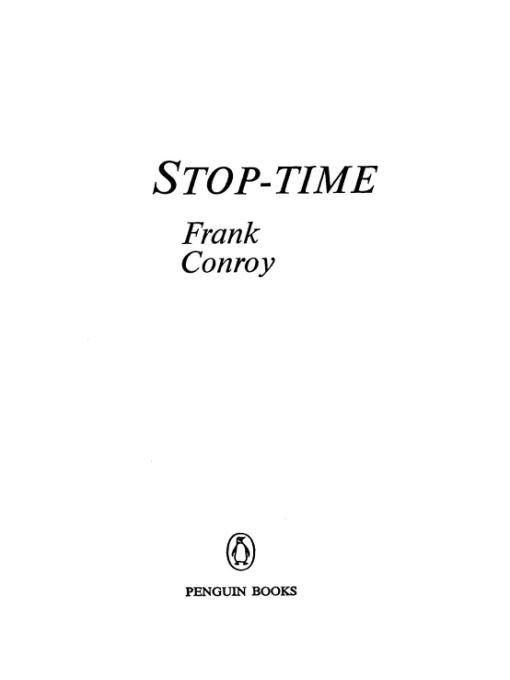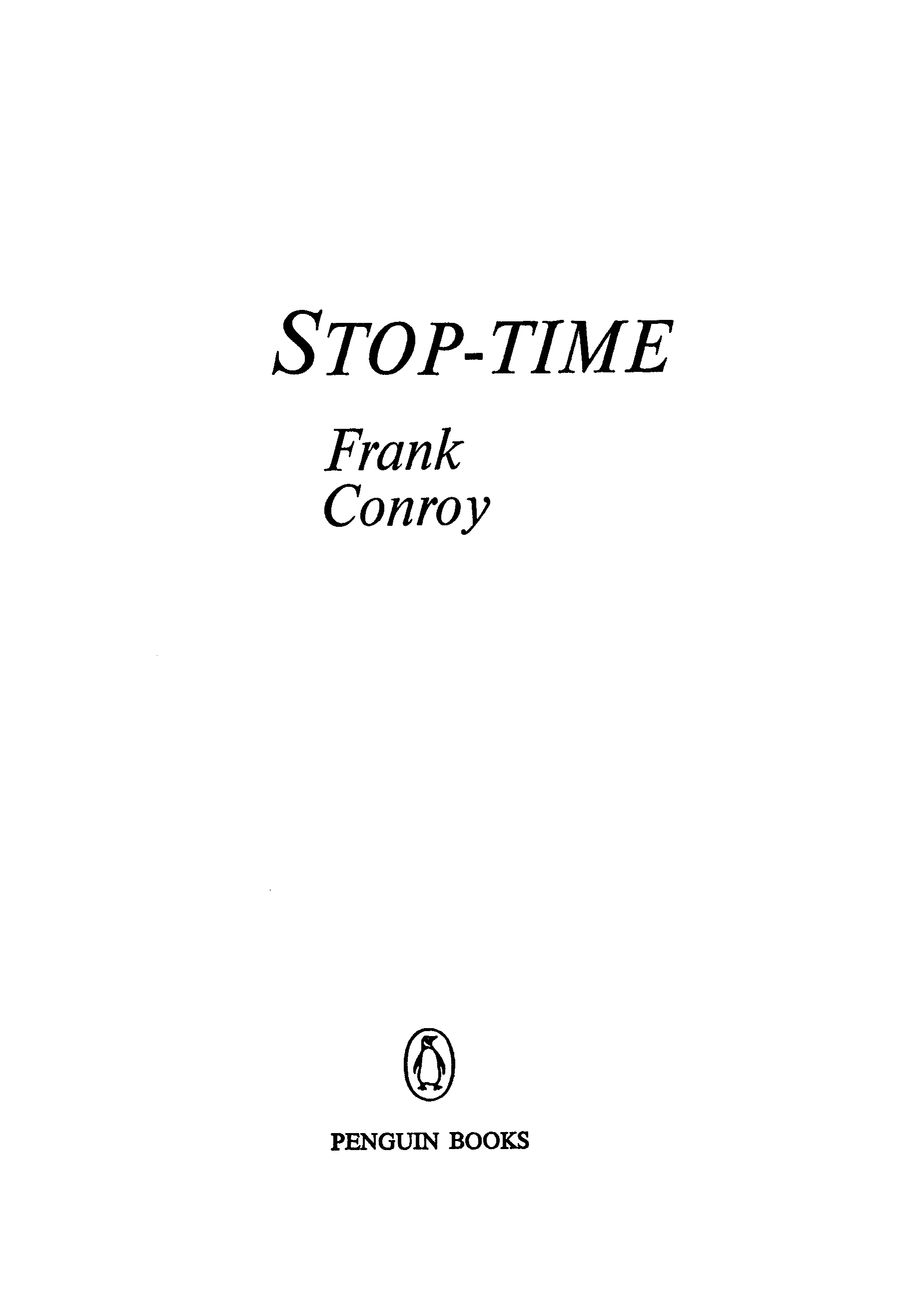Table of Contents
PENGUIN BOOKS
STOP-TIME
Frank Conroy was born in New York City in 1936. He attended schools in New York and Florida and was graduated from Haverford College in 1958. He now lives on Nantucket Island, where he writes, reads, plays the piano, and fishes for striped bass. His most recent novel is Body & Soul.
To Danny and Will
It is the human that is the alien,
The human that has no cousin in the moon.
It is the human that demands his speech
From beasts or from the incommunicable mass.
If there must be a god in the house, let him be one
That will not hear us when we speak: a coolness,
A vermilioned nothingness, any stick of the mass
Of which we are too distantly a part.
WALLACE STEVENS
Prologue
WHEN we were in England I worked well. Four or five hundred words every afternoon. We lived in a small house in the countryside about twenty miles south of London. It was quiet, and because we were strangers, there were no visitors. My wife had been in bed for five months with hepatitis but stayed remarkably cheerful and spent most of her time reading. Life was good, conditions were perfect for my work.
But I would go to London once or twice a week in a wild, escalating passion of frustration, blinded by some mysterious mixture of guilt, moroseness, and desire. I wasnt after women, but something invisible, something I never found. Id get drunk at the Establishment Club and play the piano with the house rhythm section (ecstatic if it went well, sick with disappointment and shame if not, nothing in between), all of this leading up toin fact nothing more than an elaborate ritualized introduction tothe drive home at three A.M. in my Jaguar. The drive home was the point of it all.
Fifty to sixty miles an hour through the empty streets of South London. No lights. Slamming in the gears, accelerating on every turn, winding up the big engine, my brain finally clean and white, washed out by the danger and the roar of the wind, I barreled into the countryside. Now the headlights came on, and the speed opened up to ninety and a hundred. Once even to a hundred and fifteen on the narrow, moonlit English road.
In the few villages along the way I pulled every trick I could think of to make up for the slower speeds, driving in the wrong lane, cutting corners on the wrong side of the pylon, mounting the sidewalks, running red lightsanything at all to keep the speed, to maintain the speed and streak through the dark world.
Savages
MY FATHER stopped living with us when I was three or four. Most of his adult life was spent as a patient in various expensive rest homes for dipsomaniacs and victims of nervous collapse. He was neither, although he drank too much, but rather the kind of neurotic who finds it difficult to live for any length of time in the outside world. The brain tumor discovered and removed toward the end of his life could have caused his illness, but I suspect this easy out. To most people he seemed normal, especially when he was inside.
I try to think of him as sane, yet it must be admitted he did some odd things. Forced to attend a rest-home dance for its therapeutic value, he combed his hair with urine and otherwise played it out like the Southern gentleman he was. He had a tendency to take off his trousers and throw them out the window. (I harbor some secret admiration for this.) At a moments notice he could blow a thousand dollars at Abercrombie and Fitch and disappear into the Northwest to become an outdoorsman. He spent an anxious few weeks convinced that I was fated to become a homosexual. I was six months old. And I remember visiting him at one of the rest homes when I was eight. We walked across a sloping lawn and he told me a story, which even then I recognized as a lie, about a man who sat down on the open blade of a penknife embedded in a park bench. (Why, for Gods sake would he tell a story like that to his eight-year-old son?)
At one point in his life he was analyzed or took therapy with A. A. Brill, the famous disciple of Freud, with no apparent effect. For ten or fifteen years he worked as a magazine editor, and built up a good business as a literary agent. He died of cancer in his forties.
I visited him near the end. Half his face was paralyzed from the brain-tumor operation and jaundice had stained him a deep yellow. We were alone, as usual, in the hospital room. The bed was high to my childs eye. With great effort he asked me if I believed in universal military training. Too young even to know what it was, I took a gamble and said yes. He seemed satisfied. (Even now I have no idea if that was the answer he wanted. I think of it as some kind of test. Did I pass?) He showed me some books he had gotten to teach himself to draw. A few weeks later he died. He was six feet tall and at the end he weighed eighty-five pounds.
Against the advice of his psychiatrists my mother divorced him, a long, tedious process culminating a year before his death. One can hardly blame her. At his worst he had taken her on a Caribbean cruise and amused himself by humiliating her at the captains table. Danish, middle-class, and not nearly as bright, she was unable to defend herself. Late one night, on deck, his fun and games went too far. My mother thought he was trying to push her over the rail and screamed. (This might be the time to mention her trained mezzo-soprano voice and lifelong interest in opera.) My father was taken off the ship in a strait jacket, to yet another (Spanish-speaking) branch of the ubiquitous rest home he was never to escape.
I was twelve when my father died. From the ages of nine to eleven I was sent to an experimental boarding school in Pennsylvania called Freemont. I wasnt home more than a few days during these years. In the summer Freemont became a camp and I stayed through.
The headmaster was a big, florid man named Teddy who drank too much. It was no secret, and even the youngest of us were expected to sympathize with his illness and like him for itan extension of the attitude that forbade the use of last names to make everyone more human. All of us knew, in the mysterious way children pick things up, that Teddy had almost no control over the institution hed created, and that when decisions were unavoidable his wife took over. This weakness at the top might have been the key to the wildness of the place.
Life at Freemont was a perpetual semihysterical holiday. We knew there were almost no limits in any direction. A situation of endless, dreamlike fun, but one that imposed a certain strain on us all. Classes were a farce, you didnt have to go if you didnt want to, and there were no tests. Freedom was the key word. The atmosphere was heavy with the perfume of the nineteen-thirtiesspurious agrarianism, group singing of proletarian chants from all countries, sexual freedom (I was necking at the age of nine), sentimentalism, naivete. But above all, filtering down through the whole school, the excitement of the new thing, of the experimentthat peculiar floating sensation of not knowing whats going to happen next.
One warm spring night we staged a revolution. All the Junior boys, thirty or forty of us, spontaneously decided not to go to bed. We ran loose on the grounds most of the night, stalked by the entire faculty. Even old Ted was out, stumbling and crashing through the woods, warding off the nuts thrown from the trees. A few legitimate captures were made by the younger men on the staff, but there was no doubt most of us could have held out indefinitely. I, for one, was confident to the point of bravado, coming out in the open three or four times just for the fun of being chased. Can there be anything as sweet for a child as victory over authority? On that warm night I touched heights I will never reach againbaiting a thirty-year-old man, getting him to chase me over my own ground in the darkness, hearing his hard breath behind me (ah, the


